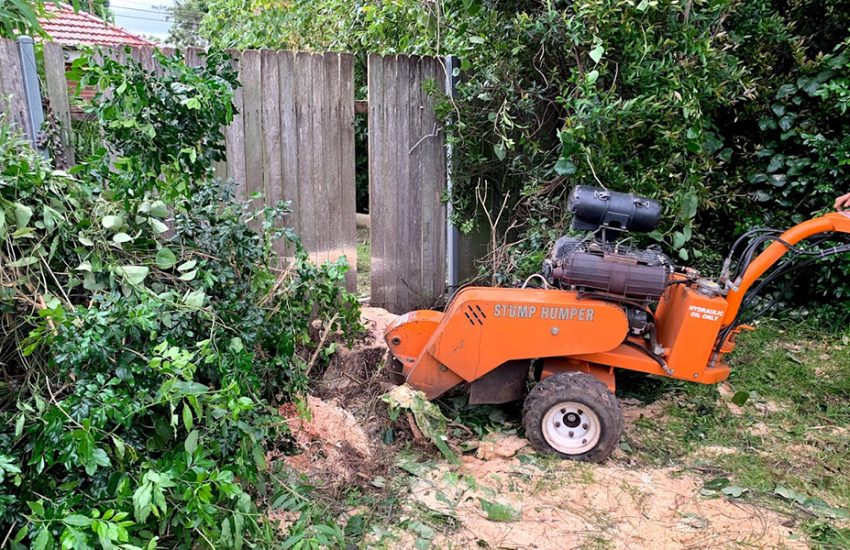Negotiating 101: Rent Edition
Buying a house requires a lot of money and documents and will be a hassle if you change careers frequently. Renting is one of the ways you can save money. This way, you don’t have to worry about changing locations for your job. If you live alone, there also won’t be any extra unnecessary space that will just add to your maintenance. There are lots of advantages to renting a place instead of buying one. If you are on a tight budget, renting is best for you. However, there are times wherein your budget is just isn’t enough. Whether you need to pay for hospital bills, prices in the market drastically increased, or you just live paycheck to paycheck. It’s at times like those when you need to negotiate the rent. So to help you prepare, here is a guide on how to negotiate rent that you can use in the future.
Timing is everything
Let us first know when to negotiate. Timing is crucial, so do not underestimate this aspect. Negotiate rent days before your lease expires. If you decide to continue living in your unit, negotiate with your landlord about 90 days ahead. Do this when your lease renewal notice arrives. You can negotiate depending on the season. The winter season. Bargaining during this time will increase your chances.
How to negotiate
A soldier cannot go to war unprepared. Before you start negotiating, do some research first. See the prices of the apartments or rental houses near you. If your rent is higher than where you currently reside, add them to your list. List all the apartments that have lower rents and how much they are. Gather all the data you can find that will help you in negotiating.
If you are bold enough, aim for more than you expect and meet halfway. Doing this technique will allow you to secure the amount you need while making them feel that they are not at a disadvantage. Once you have all the information you need, write a formal letter or email to your landlord asking for your request. Your content should show the data you have gathered. In addition, show that they would also gain something from you after this request by showing that you are a good investment as their client.
If your landlord refuses, you can try again and bargain in person. Talking to them in person allows you to connect to them more and ensure that your emotions reach them. Body language, facial expressions, and tone are some factors that affect their decisions. Make sure that you show them that you seriously need this and can make it up to them. Show why they should pity you and why they should give in. Adjust your request and lower the amount. Doing this will show that you are desperate, thus increasing the chance of them folding. Compromising is the key; let them feel that you are willing to compromise. If they still decline, go for the amenities. Ask them if they can lower the amenities like facilities, internet, and parking fees. Show proof that you are a responsible renter and will stay for a long time. Landlords want long-term renters that are responsible.
Final reminders
Always remember to make realistic expectations on both sides. You cannot expect that your landlord will lower the rent or the amenities greatly without having something in return. On the other hand, do not ask for too much. They may think that you are thick-faced and insensitive. No one likes an insensitive and inconsiderate renter. Lastly, be respectful and polite throughout the entire process. Remember that you are the one who needs something from your landlord, not the other way around.



